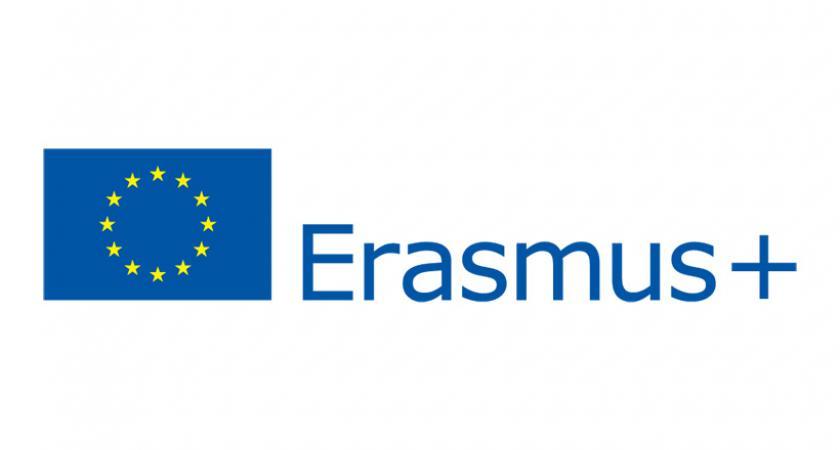
Erasmus Policy Statement
The Erasmus Policy Statement defines our institutional strategy in relation to the Erasmus Charter for Higher Education 2021/2027.
Founded in 1990, Titu Maiorescu University (TMU) has a unique position in the Romanian Higher Education system. The university has developed according to the socio-economic and labour market requirements, so that currently it is a comprehensive private university with 10 faculties that provide a diversified educational offer, on all three cycles: Bachelor, Master’s and PhD programmes. TMU is the only Romanian private university with the full spectrum of BA in health education (Medicine, Dentistry and Pharmacy), Informatics, Law, Psychology, International Relations and Communication, Finance & Accounting, numerous MA programs and three doctoral schools (Medicine, Dentistry and Law).
TMU’s strategic approach to international development is a multifaceted endeavour, that encourages a wide range of activities “at home” and “abroad”. Being a member of European Universities Association (EUA), European Association of Erasmus Coordinators (EAEC) and Francophone University Agency (AUF), TMU is integrating the European approach to university education and research, aiming to prepare its students for the global labour market, to encourage interuniversity cooperation and a system of continuous training for the academic and teaching staff.
The education provided by Titu Maiorescu University is focused on ensuring resilience, innovation and competitiveness for its students. The Erasmus+ programme is a relevant instrument used in TMU’s modernization and internationalization strategy.
Supporting the EU’s renewed agenda for higher education, TMU is willing to:
- Respect in full the principles of non-discrimination, transparency and inclusion set out in the Programme;
- Ensure equal and equitable access and opportunities to current and prospective participants from all backgrounds, paying particular attention to the inclusion of those with fewer opportunities, for either economic, social, cultural, geographical, health reasons or for reasons such as disability or educational difficulties;
- Promote and implement blended mobilities in order to ensure the flexibility of and better access to the Programme;
- Guarantee full automatic recognition of all credits (based on the European Credit Transfer and Accumulation System – ECTS) gained for learning outcomes satisfactorily achieved during a period of study/training abroad, including during blended mobility;
- Charge no fees, in the case of credit mobility, to incoming mobile students for registration, tuition, examinations or access to laboratory and library facilities;
- Undertake the necessary steps to implement digital mobility management in line with the technical standards of the European Student Card Initiative;
- Promote environmentally friendly practices in all activities related to the Programme;
- Promote civic engagement and encourage students and staff to get involved as active citizens before, during and after their participation in a mobility project;
- Ensure that all the planned activities recommended by the ECHE before, during and after mobility are performed in a timely manner, respecting the principles promoted by the Erasmus+ Programme.
The expected outcomes of the above mentioned criteria implemented by TMU are:
- to increase the quality of the procedures related to the Programme;
- to raise awareness about the Erasmus opportunities for all the students and staff, especially for the individuals with special needs, from lower socio-economic backgrounds, students with family responsibilities, part-time jobs or enrolled in programmes where being mobile is difficult etc.;
- to increase the number of participants, especially of those with fewer opportunities;
- to extend the inter-institutional cooperation in accordance with the participants’ needs;
- to broaden the European and international cooperation projects through KA1 and KA2 activities;
- to improve the supporting services offered by the Department of International Relations and by TMU Erasmus Coordinators;
- to develop the digital mobility management in line with the recommendation of the Erasmus+ Programme;
- to raise awareness about environmentally friendly practices and the civic engagement;
- to contribute to the goals of a European Education Area.

